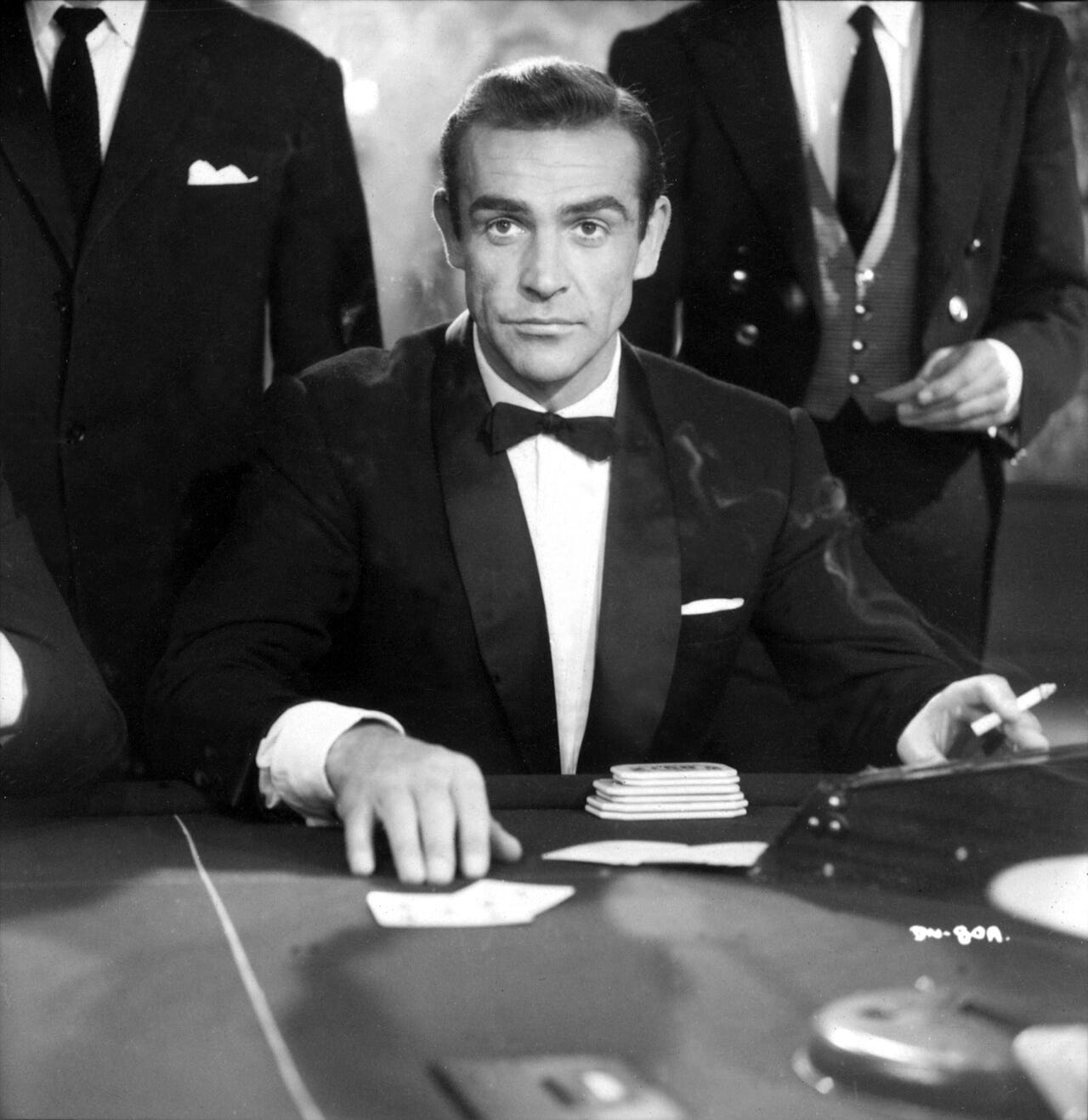5 Classic Films That Changed How I Live
They Just Don’t Make Them Like This Anymore
There’s an underrated culture in the realm of humanistic development.
When it comes to the medium that most people think of as a way to live better — ‘Non-Fiction Book’ always comes to mind first.
For a long time, I was that kind of modern man who was obsessed with books from well-known authors of the century…
James Clear
Adam Grant
Ray Dalio
I read and read, book by book, text by text.
While they certainly enhanced my perspective on life and sharpened my mind — in terms of ‘relevancy’ and the ‘aspirations’ — that was the missing part.
One dilemma of being an aspiring gentleman of the 21st century is that modern media no longer provides the quality I admire.
Elegance, Class, Manner — Classical Masculine as a whole.
And that’s why these days, I’ve indulged in classic texts or literary works from classic thinkers whose ideas have been proven over decades and centuries.
Ones that contain timeless principles not diluted or compromised by modern agendas.
The same applies to the thing called ‘cinema’ — a series of moving pictures that exist to tell a specific story through a world and characters, all within a few hours.
While modern-day films are either blockbuster franchises, big ensemble casts with famed directors, or niche social critiques often tied to political movements —
Most of the time, they lack aspirational aspects…
And speaking of which, that’s where the desire — or craving — for classic cinema entered my room.
The image of black and white, the atmosphere of the 20th century, and the characters of a gentleman and a lady on the screen during the 1930s–1960s are an endless pool I can swim and dive into to find a new piece, again and again.
If you’re reading this far and want to use this medium as a way to cultivate your inner character and external appearance at its finest — like a gentleman — then here are my 5 all-time classic cinematic pieces that changed how I lived and approached life, even in the 2020s — where they don’t make these anymore.
Exposure to Classic Masculine — Dr. No
This first-ever silver screen adaptation of the well-known Ian Fleming 007 — starring Sir Sean Connery.
While I was born during the Brosnan era and the hype of Daniel Craig’s 007 — Dr. No was the first time I willingly deep-dived into the world of sophisticated espionage, dinner attire, and the archetype called a gentleman.
The moment that shifted everything I used to believe was Connery’s first appearance as Bond in Les Ambassadeurs, London — playing Chemin De Fer and involved with Eunice Gayson’s character.
What I witnessed in that scene was a man impeccably dressed, comfortable in his own skin, detached from the neediness to impress, and effortlessly engaging in smooth conversation with the opposite sex.
That was the first time I ever fully experienced the presence of a man known as a gentleman.
Apart from the charisma aspect, Dr. No also introduced me to the mind and essence of a gentleman’s lifestyle — from the purpose-driven life to the way he moved through the world.
Dr. No, for me, is an eye-opening experience of what could possibly (or used to) be the aspirational life of a man — and it serves as ignition for modern aspiring men seeking better experiences across all areas of life.





